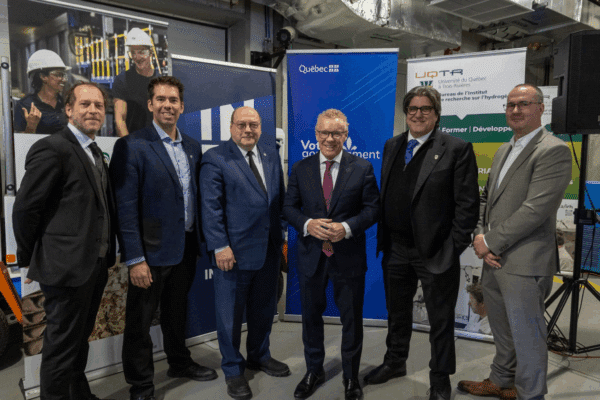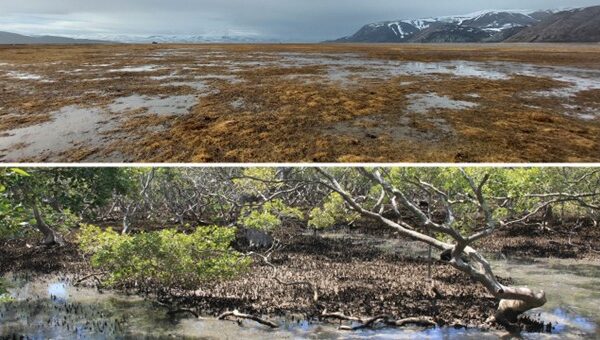- Overview
The series “Tour d’horizon en trois questions” highlights research in all its forms and takes an informed look at current events.
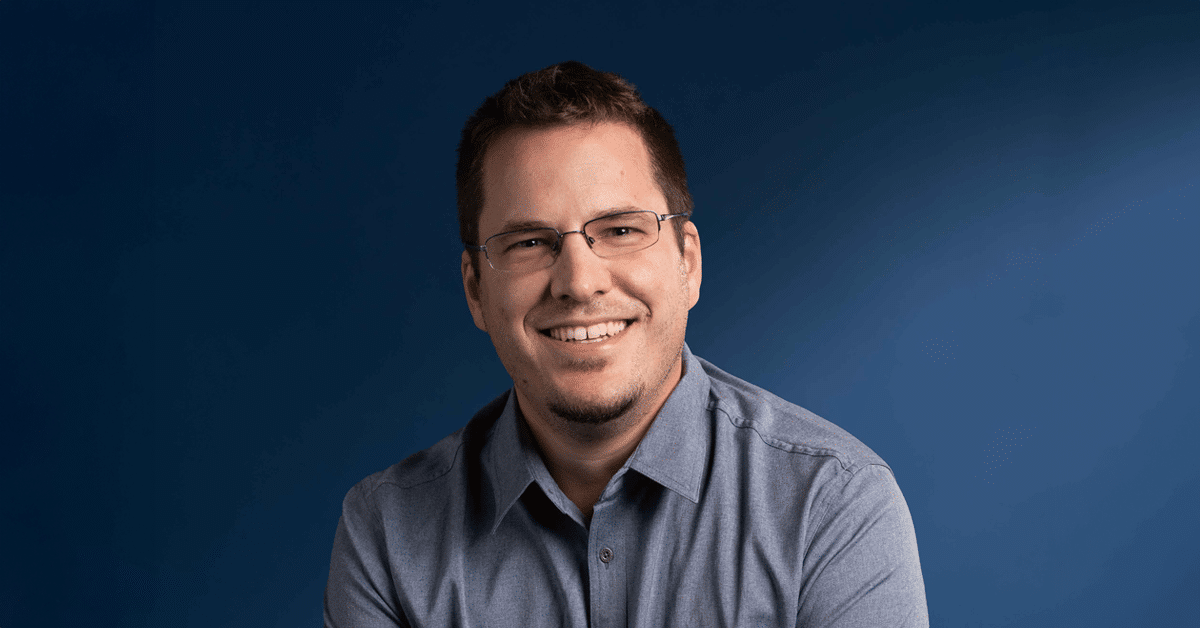
Philippe Constant, expert in microbiology and biotechnology
A professor at Institut national de la recherche scientifique (INRS) since 2011, Philippe Constant specializes in environmental and applied microbiology.
Professor Constant is deeply interested in the circular economy and citizen science, and seeks to build bridges between his expertise and the community. In 2020, he reached out to his municipality to get involved locally. A few years later, he was appointed Chief Scientific Advisor to the City of Mirabel and became co-holder of the Municipal Research Chair for Ecological and Social Transition.
This profile sheds light on his commitment as a researcher engaged with a network of businesses and two municipal bodies.
What does your role as Chief Scientific Advisor to the City of Mirabel entail? How does your expertise support the municipal team?
Municipalities face a wide range of challenges, from transportation to health and education. Meeting these needs while ensuring economic vitality requires informed decision making based on sound evidence. Collaborating with the research community provides cities with new resources to support their initiatives. In this vein, the City of Mirabel created the role of Chief Scientific Advisor, which I have had the honour of holding since 2024.
This appointment grew out of a collaboration that gave me the opportunity to help design a major initiative with Mirabel Économique: the Carrefour d’innovation écoresponsable de Mirabel (CIEM). This innovation hub serves as a cornerstone for projects driving the region’s transition to sustainable and circular agriculture. I support the City of Mirabel by leveraging my academic and research networks to bring scientific expertise to municipal projects and initiatives.
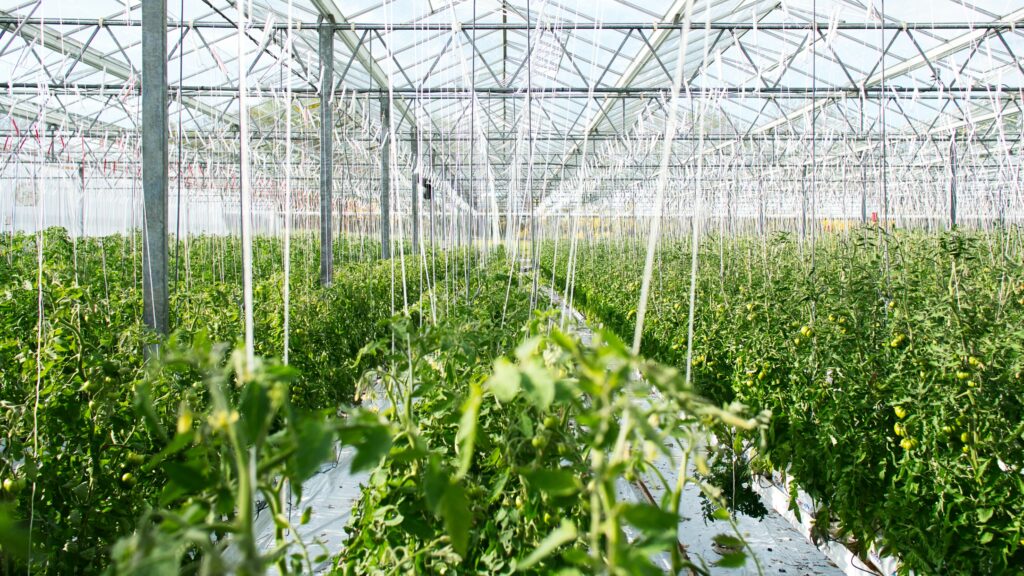
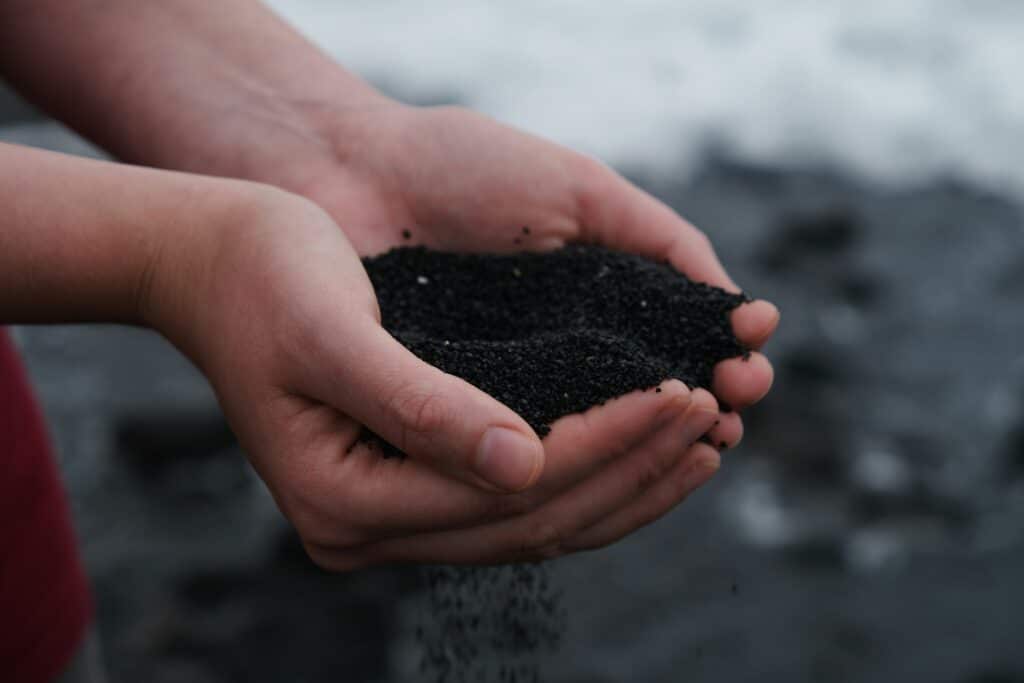
Strategic waste management is a key issue for CIEM. Water, fertilizers and biobased products derived from waste upcycling represent an opportunity for the City and its ecosystem to diversify revenue streams. I am actively involved in a variety of related research projects with my INRS colleague, Professor Kokou Adjallé—co-holder of the Municipal Research Chair and expert in environmental biotechnology.
In your role with the City of Mirabel, you recently oversaw the creation of a platform for recovering greenhouse crop residues, in partnership with various Québec companies. How did this project come about? What motivated such a large-scale initiative?
The question of diversifying revenue by repurposing waste is also a priority for the greenhouse industry, which is seeking alternatives to landfilling. With this in mind, I brought together colleagues from universities, colleges and research centres, as well as professionals from both research and corporate administration. Québec has many strengths when it comes to developing industrial biomanufacturing, and this project is an ideal way to leverage them.
These efforts led to the creation of a research consortium to test thermochemical and biological recovery processes that generate value from greenhouse crop residues. These processes include anaerobic fermentation, regeneration of growth substrates, black soldier fly farming, mycelium-based composite material production, composting and pyrolysis to produce biochar and wood vinegar.
The consortium provides graduate students and INRS research trainees with an outstanding training environment, thanks to the involvement of academic, college and industrial partners. Student research not only advances fundamental knowledge but also lays the groundwork for an ecological transition roadmap for the greenhouse industry.
With a view to promoting citizen science and making research accessible, you are also collaborating with the City of Laval on the Microbiome City Network Project. What does it entail?
Developed in partnership with the City of Laval, the INRS–City of Laval Research Chair in Microbiome Engineering for Environmental and Agri-Food Applications explores the role of microbiomes in urban and agri-food environments. The Chair is leading a flagship research project demonstrating how urban planning can help restore microbial communities weakened by urbanization.
A large-scale sampling campaign will involve a cohort of science ambassadors—a hundred citizens invited to collect samples in different environments. Our team will analyze these samples to better understand microbial diversity in urban settings. This participatory approach will raise public awareness of the importance of this invisible biodiversity, which is essential for healthy ecosystems and quality of life. It is an excellent way to meaningfully engage people directly concerned by these scientific questions.
Students play a central role in this project. In addition to gaining laboratory expertise, they will develop science communication skills and build strong professional networks. The project thus provides comprehensive training that combines research, communication and civic engagement—true to INRS’s core mission.


